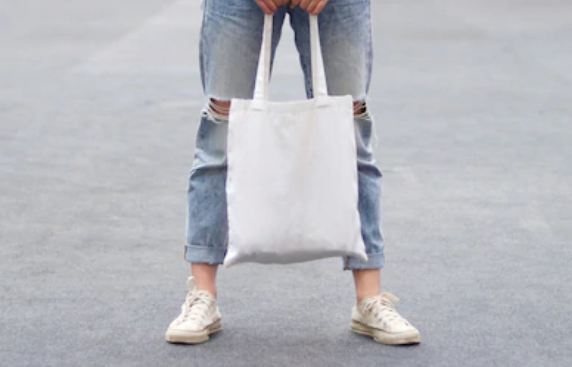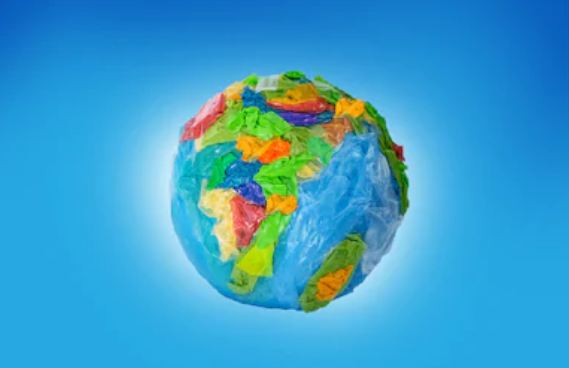Your cart is currently empty!

Plastics 2020 Challenge: What it is, How you can help?
While recycling can help reduce the amount of garbage that ends up in junkyards and ecosystems, only a limited plastic variety can be recycled by most municipal authorities. The ratio that gets recycled needs a lot of resources (including energy and water) which obviously makes no sense considering the single-use nature of the products. Plastic pollution that ends up in junkyards and waterways can take thousands of years to decompose, and there’s a major concern about the poison they leach into the environment.
Everyone agreed that plastic pollution has become a worldwide crisis we can no longer avoid. Most importantly, everyone identified it was time to convert promises into swift action plans and establish a unified forum to turn this plan into a living reality. Thus, the Plastic 2020 Challenge campaign has initiated.
What is Plastic 2020 Challenge?
The Plastic 2020 Challenge is a campaign designed to reduce the amount of plastic being sent to the landfills and junkyards. This campaign was launched by three prominent associations including PlasticsEurope, Packaging and Films Association (PAFA) and the British Plastic Federation (BPF). The objective of this campaign was to challenge itself, consumers, and the Governmental authorities to upgrade resource efficiency so that more and more plastic could be recycled.
While the message conveyed by this campaign is quite powerful, the plastic industry cannot achieve this goal successfully. That is why it calls on policymakers and the value chain to assist with the process. In addition to that, we should play our role to make this campaign a true success. Check out these easy ways to reduce plastic waste in your daily life….
How You Can Help?
Say No to Plastic Straws
Whether you use plastic straws for domestic purposes or at the restaurants, they are generally a single-use product that’s not even necessary. If you think straw is a must, you can carry a reusable stainless steel or glass straw with you while traveling.
Avoid Using Bottled Water
Unless there’s some sort of water contamination crisis, make sure you have refillable bottles handy. Also, use a reusable mug or bottle for your beverages even if you’re buying them from a shop.
Bring Your Own Shopping Bag

According to one study, more than 7 billion plastic bags are consumed each year around the globe. While these bags are available at no cost to shoppers, they have a massive environmental impact and are one of the most universal forms of garbage. To avoid this, make sure you always bring your own cotton or canvas shopping bags. Apart from using reusable shopping bags, you can further reduce waste by using reusable bags (just make sure to wash them often).
Bring your Refillable Thermos to the Coffee shop
Another way through which you can significantly reduce the plastic waste is by bringing your own refillable thermos to the coffee shop. Disposable coffee mugs are made of paper but they’re made up of polyethylene which is actually a type of plastic resin. In reality, these cups are recyclable but sadly most places don’t have proper machinery and infrastructure to do so.
Buy Boxes Instead of Bottles
Instead of using plastic bottles, try to use cardboard-crafted boxes that are easier to recycle. Also, paper boxes tend to biodegrade more easily. So, next time when you have the choice, make sure you pack your sandwich in a box instead of a bag.
Get the Plastic Off Your Beauty Products
A big quantity of plastic that’s polluting our waterways and oceans is microplastics (non-filterable plastic chunks). You would be surprised to know that a lot of consumer products, especially beauty products include microplastics as their basic component Yes, you heard it right. The face wash and toothpaste you use involve these microplastics as exfoliators. Luckily, there are many biodegradable alternatives available. So, avoid using any products with polypropylene or polyethylene listed as basic ingredients.
Avoid Disposable Items
Whether it’s your plastic razor or plastic shoe covers, simply replace them with reusable products such as The CleanBoot Boot Covers to reduce your carbon footprint.
Store Your Food Sensibly
Plastic boxes, lunch containers, and plastic wraps are all hazardous for our environment. So, consider replacing them with glass jars and containers.
Conclusion

Plastics 2020 Challenge is all about introducing innovative ways that will help manufacturers to follow sustainable production and packing approaches. Consumers should also change their mindsets and look for reusable, recyclable or compost plastic products. Lastly, the regulatory bodies should work on providing efficient waste management facilities that can take all of us one step closer to a world free of plastic waste and pollution.
What steps do you think are necessary to make Plastics 2020 Challenge a true success?
Leave a Reply
You must be logged in to post a comment.